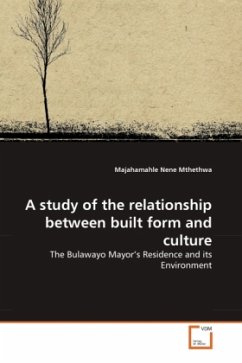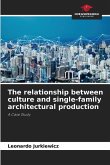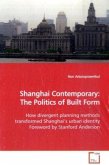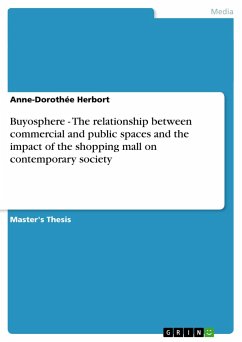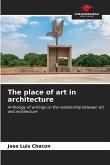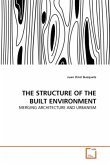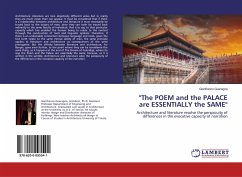Inspired by the lack of debate around desirable national architectural qualities and characteristics in Zimbabwe, this book is intended to provide a platform from which such debate can begin to happen. The core of the research is an analysis of a case study in which identity issues were important, a proposed Mayor's Residence project in Bulawayo, Zimbabwe. The book first examines various theoretical propositions regarding the basis of cultural supportiveness, and suggested methods of analysing what is required in any given context, concluding that, while offering many valuable insights, this method is also problematic in complex, multi-ethnic cities such as are found in many parts of the third world, including Zimbabwe. Where applicable, the author refers to private and public projects from the Indian sub-continent and other selected environments to give substance to the discourse. The author then uses the conclusions drawn from the consideration of this material to analyse the Bulawayo Mayor's Residence project. Additionally, fieldwork material gathered from selected isiNdebele-speakers was used in assessing the fit of the proposed project in the cultural landscape of Bulawayo.
Bitte wählen Sie Ihr Anliegen aus.
Rechnungen
Retourenschein anfordern
Bestellstatus
Storno

